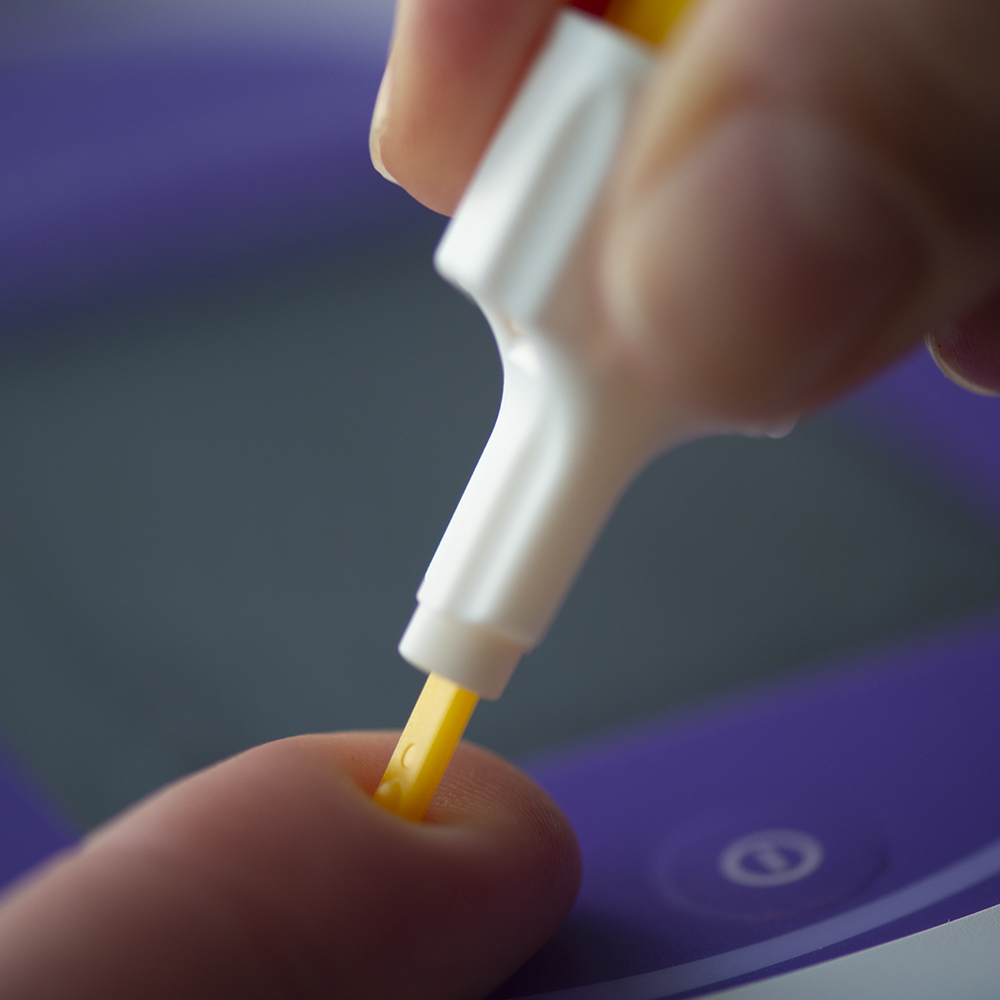The clinical syndrome that occurs as a result of decreased blood sugar levels is referred to as hypoglycemia. The symptoms and severity of hypoglycemia can vary in different individuals. Hypoglycemia most commonly occurs in patients who are treated for diabetes, both type 1 and 2. It may also occur in patients suffering from insulin resistance after a period of prolonged fasting. Some rare causes of hypoglycemia include tumors that produce insulin (insulinomas) and certain drugs. The normal fasting range of blood sugar is 70 to 100 mg/dL. Majority of the individuals usually develop symptoms of hypoglycemia when their blood sugar levels are decreased to mid 60s. The symptoms that may develop as a result of hypoglycemia include sweating, nervousness, weakness and trembling, palpitations, and increased appetite. Some people may also develop trouble in speaking. When the blood sugar levels further decline and reach in the range of 50 mg/dL, then symptoms of drowsiness, confusion, behavioral changes, coma and seizure may develop.




